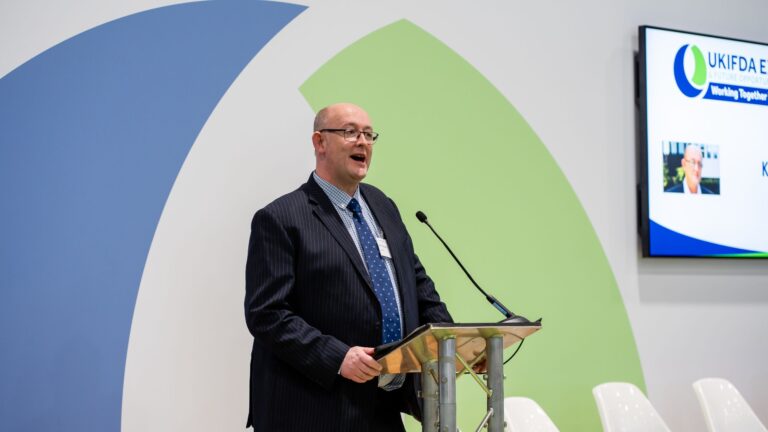
After discussing this with the hundreds of attendees, I believe the answer is likely both.
Recently, in the UK, we have seen a significant shift in the electorate during regional elections, with many voters moving away from the two larger parties in favour of the Reform Party for the first time. While there are many reasons for this change, it’s worth exploring the comments made by the Reform Party. Richard Tice has referred to net zero as “Net Stupid” and commented that net zero policies were to blame for higher energy bills and deindustrialisation in the UK. He has described renewable energy as a “massive con,” stating that people are being “ripped off.”
The architects of the net-zero target, the Conservative Party, have also expressed concerns, with Kemi Badenoch stating that net zero cannot be achieved by 2050 “without a serious drop in our living standards or by bankrupting us.” This was a journey initiated by Rishi Sunak’s 2023 decision to reset some net-zero targets, arguing that it is unjust for “Westminster to impose such significant costs on working people”.
In Scotland, the SNP-led government has revised its Heat in Buildings strategy, acknowledging that “it is simply unaffordable for many building owners to make great changes in the near future – particularly for those in rural and island locations.” These developments strain the political consensus established by the signing of the Climate Change Act in 2008, a legally binding framework aimed at achieving net zero by 2050.
Unions, too, are increasingly vocal about their concerns regarding the impact of net-zero policies on jobs and “decarbonisation through deindustrialisation,” with Grangemouth frequently cited as an example.
Perhaps the most dramatic intervention has come from Tony Blair, the former Labour Prime Minister. In a recent report, he commented that the debate surrounding net zero is “broken” and that “voters feel they’re being asked to make financial sacrifices and changes in lifestyle when they know that their impact on global emissions is minimal”. Blair also indicated that certain policies have “alienated many people rather than bringing them along,” and warned that policies based on phasing out fossil fuels in the short term are “doomed to failure.”
The unease surrounding net-zero goals is not unique to the UK. In the most recent Irish elections, the Green Party suffered heavy losses. While it’s not unusual for a junior party in government to take the blame, experts have indicated that part of this is a result of voter unease about the financial costs and additional burdens on individual behaviour associated with existing green policies, such as taxes on petrol and diesel.
Globally, we are witnessing various political approaches, such as the Trump administration’s “drill, baby, drill” strategy, and more recently, the Netherlands government’s commitment to increasing domestic gas production to enhance energy security, while some have used the blackouts in Spain and Portugal to attack renewables.
Broad support
Conversely, as part of its 7th carbon budget recommendations, the Climate Change Committee reported that there was broad public support for net-zero policies, although there are concerns regarding the upfront costs involved.
Our research indicates that while the public supports decarbonisation, the ability to afford it and have choices of different technologies is crucial.
According to the latest Future Ready Fuel survey, of 1,364 oil-heated households, 60% of respondents expressed greater concern about the costs of switching to low-carbon heating systems compared to three years ago.
Criticism has been directed at the Blair report for its recommendations regarding carbon capture, with complaints that it is an untried and expensive technology. This criticism highlights a significant issue: we must acknowledge the necessity of utilising all available energy sources and technologies to address future challenges, including decarbonisation.
Recently, the UK Prime Minister discussed adopting a pragmatic approach to achieving net zero. His spokesperson stated, “We will reach net zero in a way that treads lightly on people’s lives, without dictating how they should live or behave.”
This sentiment is one that many can support. Given the legal foundations of climate change targets, such as net zero, I believe they are here to stay. However, I strongly believe that the methods and communication strategies for achieving these goals require revision – we need more discussion about how, not if.
We must dedicate less time to searching for a one-size-fits-all solution and more time to designing a climate transition that is well communicated, provides consumer choice, accommodates individual circumstances, and does not disproportionately impact anyone.
We have been conveying this message to governments across the UK and Ireland, and I am pleased to report some progress. Yes, we can be part of the solution, and yes, we can contribute to achieving net zero.
Image credit: UKIFDA
